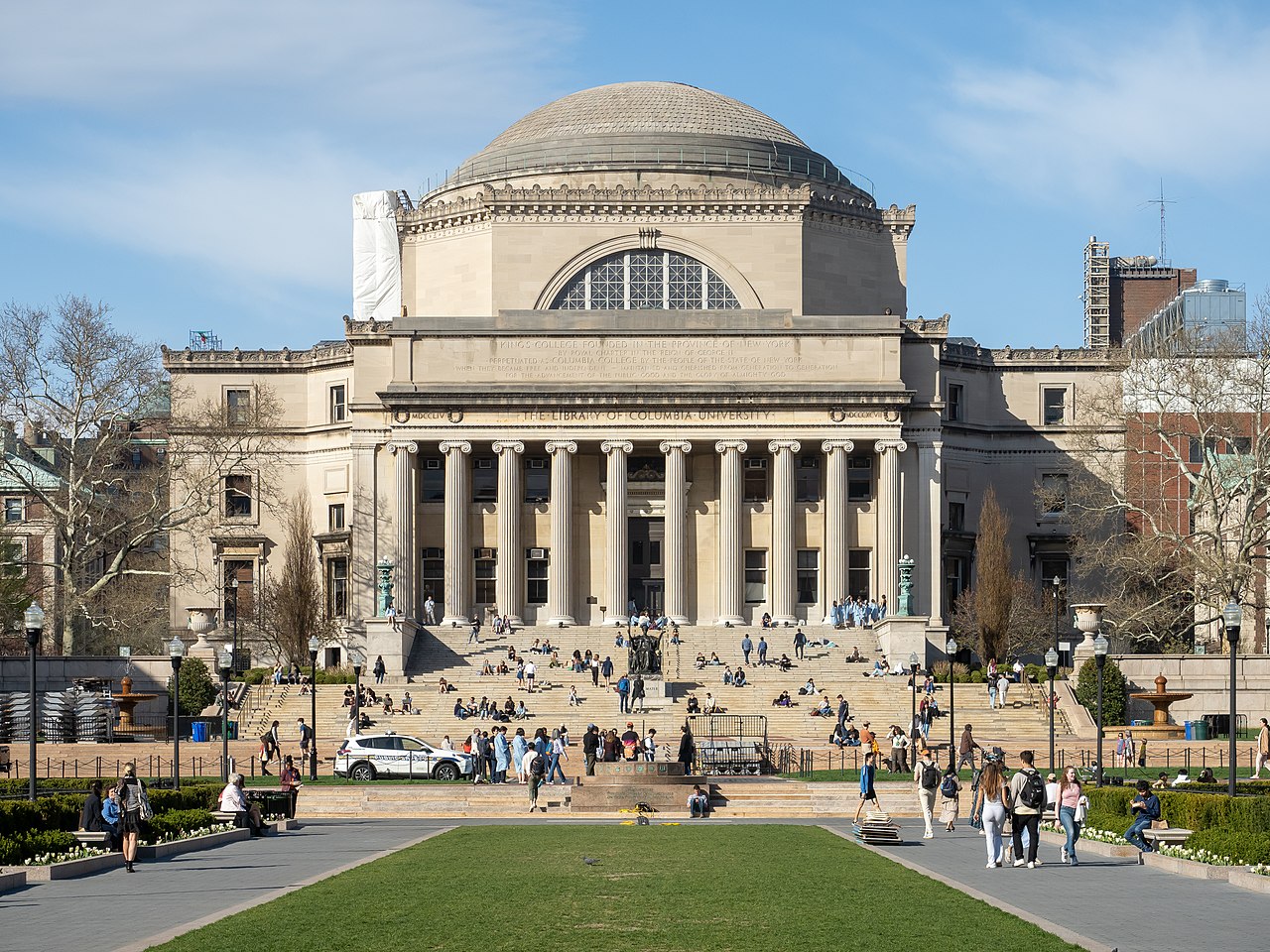By Zubeida Jaffer
In a recent article (link), I mulled over the yearning for cultural perseveration of two communities – the one led by AfriForum and Solidarity and the other in the Bo-Kaap in Cape Town. The one is a sliver of the Afrikaner community and the other a sliver of the Muslim community in South Africa. I concluded that the one’s impulse was exclusive and the other inclusive.
I asked Kallie Kriel of AfriForum what his thoughts were about the argument presented. What follows below is an edited transcript of our conversation.
Q. Does your approach take us back to Apartheid and separation which the people of our country have rejected long ago. What is your view of this conclusion?
A. No, no, I disagree. For people to cherish their identity in the Bo-kaap does not mean that they want to isolate themselves or be apart from the rest of the country.
When people look and try to see what our views are, many say unemployment amongst Afrikaners are lower than the rest of the country. So, it’s going well. But that is if you use finance as a yard stick.
And, without being overdramatic, I would rather die a poor Afrikaner than a rich individual that has lost my identity. I don’t judge our position in the country in a material sense. Many South Africans that struggle to buy a bread will not understand that. Afrikaners
knew that apartheid was not morally justifiable and not sustainable and decided, well, they needed to take a leap of faith that one could survive as a cultural community in the true sense of the word. And you don’t need political power for that.
Afrikaners were able to, to thrive culturally until there was a move away from reconciliation politics. And the biggest break of trust that I personally have had with the president as well as the ANC, is the Bella Act. Panyaza Lesufi, Gauteng’s MEC for Education has stated categorically there’s no place for such a thing as an Afrikaans school.
Afrikaans schools play a very, very central role in our cultural survival. And we tried to avert this. We wrote to the president, and he called us and arranged three months for discussions with a team. The discussions were constructive, where we found an agreement. Then Lesufi torpedoed that. And we heard nothing after that.
We feel that we’ve been kicked in the teeth, and that we also want to able to have a situation like the Bo-Kaap now where people can cherish community life. For me, that is the core issue. Of course, the other issues are also important, appropriation, affirmative action or race laws, but those things don’t threaten our cultural survival. And I’m not trying to downplay those issues. But for me, the core personally is the Bella Act.
I don’t know what role education plays within the Cape Muslim community. But in terms of, Afrikaners, education, always played a central role in our cultural survival. And that is from 1822 when Lord Charles Somerset decided that English would be the only language in the Cape Colony. And then, but it was more related to Dutch then, but it was already not Dutch. It was developing into Afrikaans. Then people said, well, we’ll start our own schools, but of course that is expensive and, then they decided, well, we are going to pack our wagons and go off. Then the same happened in 1902 with Lord Alfred Milner, that just, that decided, you know what? All schools would be English, and if you’re dare speak Afrikaans in the school, you’ve got a board around your neck saying I’m a donkey.
The British did the same to the Irish in terms of their schools. We started our own schools again, and again, expensive, even in terms of the poverty situation. Those schools all became public schools. And of course that was a big mistake.
Okay. And what, what we’ve seen at universities, you know, you’ve got these two valid arguments that are in opposition to one another. And that’s always a problem. If you have two valid arguments, which one is the most important. And I think a balance should have been possible.
Q. Now, what puzzles me is why would your organization choose to align itself with the actions of some people in the USA at the time when they are clearly taking their country in an authoritarian direction? Why do you plead with them to help you preserve your culture? Does it not make you look weak?
A. Remember the ANC works with the concept of balance of forces. We tried to influence the balance of forces locally. We even had a march, the biggest March of Afrikaans- speaking people since the new Dispensation, more than 10,000 people. And we negotiated at the same time. But it seems like the balance of forces was not enough.
They are not convinced by good arguments. They think we are weak. We must use whatever mechanisms we can. We are not partisan in this. During the Biden administration, we also sent a delegation to the US quite a few times.
And they have a list about what angered them about South Africa. And we have engaged them. Even if we want to save it, that there are criteria that countries must adhere to if they’re going to be part of AGOA. One is property rights; the other one is human rights. And the third one is the country should not work directly against the other. It doesn’t mean they have to work for the US interest. They must just not work against it
They’ve been following what is happening in the country for the last few years. It’s not us telling them. They’ve got their embassy; they’ve got their State Department. I think what has happened now is that they have a president that wants to act on these issues while the previous administration was hesitant to do so. But it’s not only now that we’ve started visiting. Also, when we go to the US, it’s important that we also speak to Democrats. So, we are not campaigning for any party in the US. I think our approach is what we also ask the South African government to do is let’s focus on what the issues are. For us to get involved in American politics, it’s not in our interest, just as it’s not an interest of South Africa to get involved in international politics.
Q. Your ancestors inflicted great pain on many of us in this country, and you have said that, that you don’t support what had happened, but the truth of the matter is that they, with the British stole the land. They squeezed us into homelands and separate group areas. They barred us from participation in sport, in universities. Why are you comfortable to ignore this, take no responsibility and paint yourselves as a victim?
A. I have four children: Zubeida. I don’t want them to now have to take responsibility for a time they did not live in and people in the ANC not taking responsibility for what they are doing today. But that does not mean if I don’t believe in collective guilt that one is tone deaf towards their realities. We realize that there are huge inequalities in the country. The Restitution of Land Rights Act is something that we support. But the high-level report by former president Kgalema Motlanthe already in 2017 states quite clearly why the restitution and land reform programs are failing. It’s not because of a lack of legislation or because of farmers that are unwilling to cooperate. It’s because of corruption, lack of administrative capacity and a few issues he’s listed.
What the ANC does very well is to get a scapegoat to avoid taking responsibility for their own failure. And this Expropriation Act is such a thing. It failed, but they will not say, well, we messed up with the Restitution Act. And then they say, well, it’s because we don’t have the tools. They have the tools. So, in that sense, opposing the Expropriation Act does not really mean, one is against giving opportunities to black farmers. The one problem also is when there is a land redistribution, the land is not given to individual farmers. The government keeps the land. They’re nationalizing.
If one likes it or not, if you’re going to show any form of disrespect for property rights, it’s not only the US that are vocal, but even other people also. In the end, money speaks, capital will flee. And then that is priceless. Not only for landowners, but it will also hit us all.
If we see there’s a catastrophe coming, we must do what we can. And the Expropriation Act is a real threat I think to everybody. We have a few million Zimbabwean people that have come over because they did not benefit from the land expropriation there. And we want to avert this from happening. That’s not fear mongering in a sense. That is really what can happen, if capital flees.
Q. I understand if you are upset about some of the wrong turns our government has made. We all are. But are you aware that there are many, many South Africans working to solve the challenges we faced without asking for special rights for themselves? Why don’t you reach out and partner with them? Why should Afrikaners who were at the hub of injustice be granted special privileges in the country that we all love. I cannot understand this. Could you explain it to me?
A. In terms of cooperation, we are the Afrikaans organization that works the most with black communities and probably more than all other communities. And we do that at a grassroots level, on a cultural basis of mutual recognition and respect. So, for instance, we started joint projects, especially in traditional areas, having official agreements. For instance, a vegetable project, the indigenous goat project and the Winter Wheat Project. We have a number of these agreements.
And we realize that everybody has their problems. We don’t want special rights. I think everybody has a right that somebody should not be allowed to call for violence against you. It’s not only Afrikaners that should have that right. Asking for somebody not to chant Kill the Boer is not privileged. It’s just something that everybody should have the right to.
And an Afrikaans school, well the English-speaking people, it seems they would have the privilege only. Afrikaans, well if you say that it’s a privileged position that you have Afrikaans schools. It is so. But you won’t solve that by destroying Afrikaans schools. Then we will all just be in the same position and only mother tongue English people would be privileged. We should then say, how can we promote mother education further? That was also our proposals.
Make at least three indigenous language subjects. I think one should say, well, it’s only the first three years that you get mother tongue education, but let’s start going to the fourth year. And then move on to the next grade. So, we don’t want privilege, but we don’t want what we have broken down. We’d rather build up the schooling system.
We advocate for issues that we see as serious, but that does not diminish the fact that there are serious poverty problems. We are willing to participate in various traditional communities.
Editor’s Note: This interview was done before the Constitutional Court struck down Afriforum’s Appeal bid over the “Kill the Boer” song.


